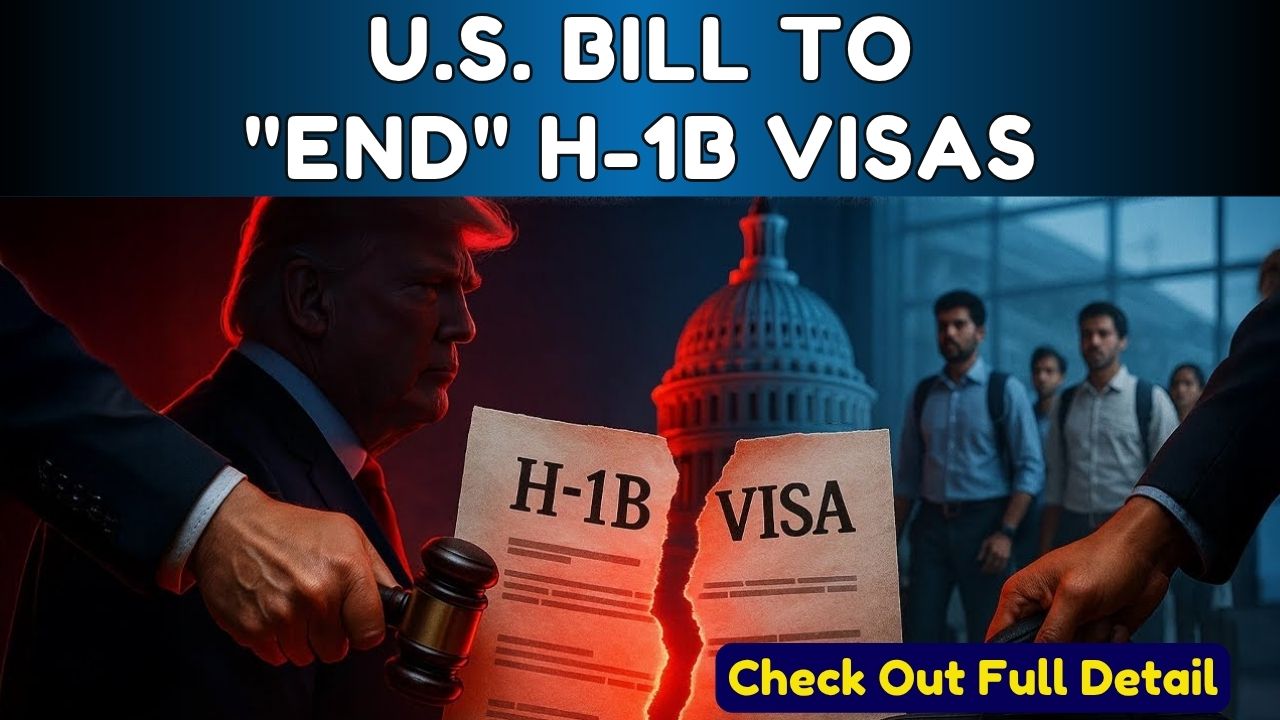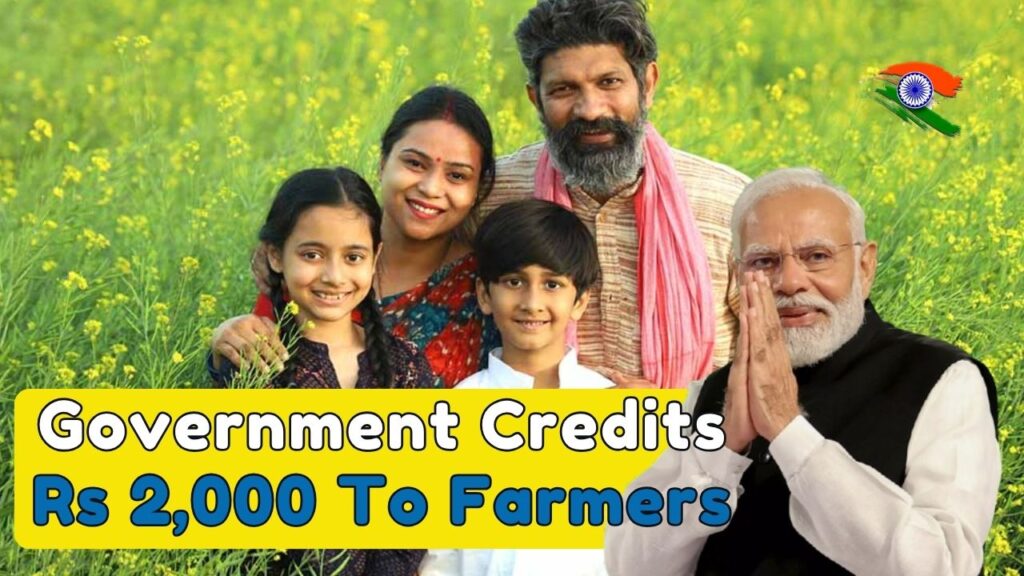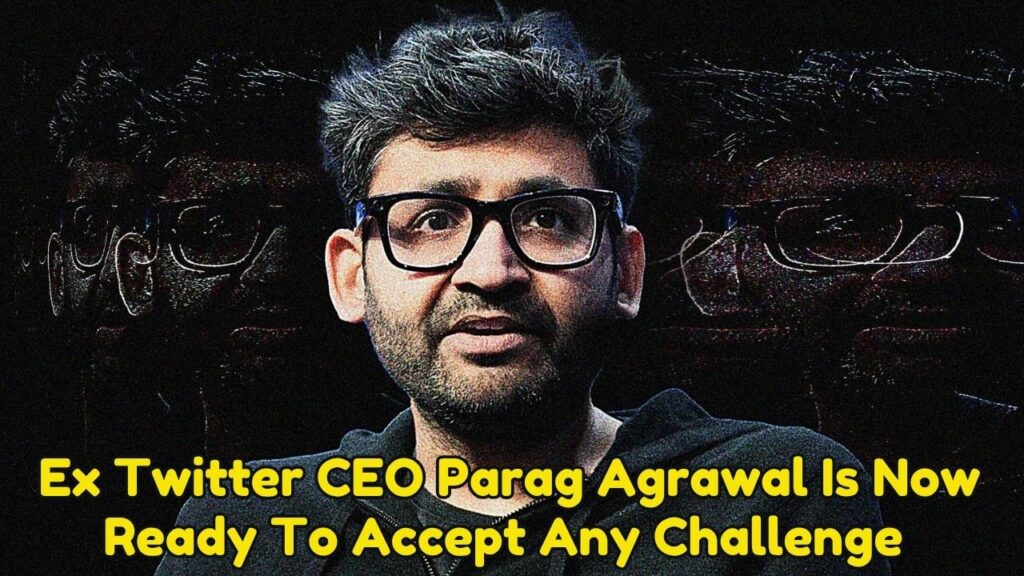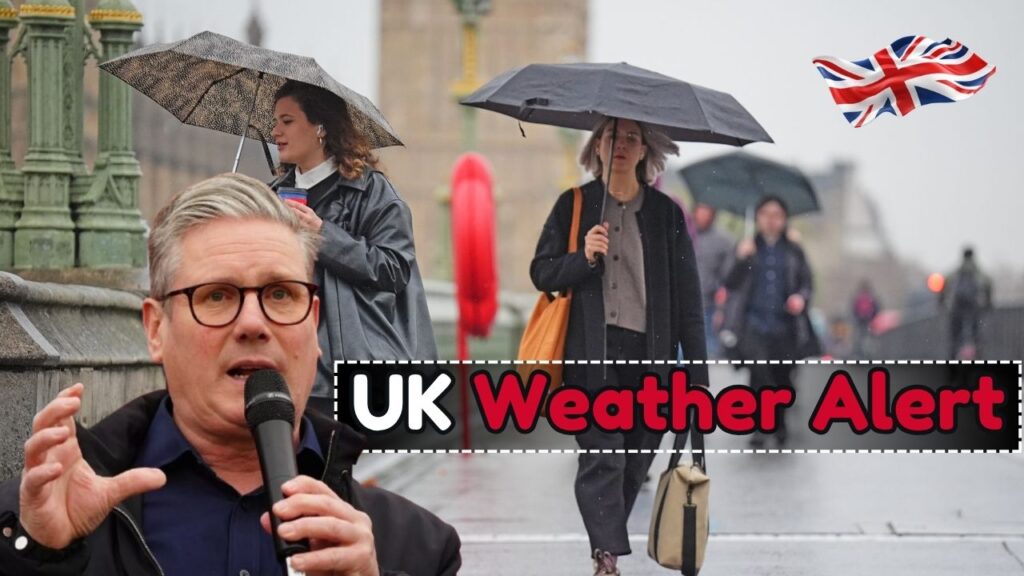A fresh political push in the United States to severely restrict or effectively ban H-1B visas has triggered strong reactions from immigration experts, industry observers and policy analysts. The H-1B visa is a key route for highly skilled foreign professionals, including doctors, engineers and technology specialists, to work in the US.
Republican Congresswoman Marjorie Taylor Greene has announced her plan to introduce a bill that would almost shut down the H-1B programme, allowing visas only for a small number of medical professionals and eventually phasing those out as well. While the proposal is being promoted as a way to protect American jobs, experts argue that such a move would have the opposite effect and seriously damage vital sectors like health care and technology.
Sarah Pierce, Director of Social Policy at the Washington based think tank Third Way, has called the proposal “one of the most efficient ways to hurt Americans” because it would cut off access to essential skills that support the US economy and public health system.
What Is Being Proposed For The H-1B Visa Programme

Marjorie Taylor Greene has publicly stated on X (formerly Twitter) that she plans to introduce a bill to:
- Ban H-1B visas in all sectors except the medical field
- Reduce the annual H-1B quota from 85,000 to just 10,000 visas
- Limit even those 10,000 visas to medical professionals only
- Phase out the medical visa carve out over the next decade
- Remove the pathway to citizenship for H-1B holders and force them to return to their home countries after their authorised stay
In simple terms, the bill aims not just to tighten H-1B rules but to dismantle the programme over time. This would have serious consequences for employers, communities and families that depend on high skill, often hard to find talent.
Short Summary Of The H-1B Visa Ban Debate
Key Points |
Details |
|---|---|
Main Issue |
Proposal to ban or sharply restrict H-1B visas in most sectors |
Key Proponent |
US Congresswoman Marjorie Taylor Greene |
Expert Opposing View |
Sarah Pierce, Director of Social Policy at Third Way think tank |
Claimed Impact |
Fewer doctors, longer wait times, loss of skilled workers in key areas |
Official Site Link |
Why Experts Say The Ban Would Harm Americans
Sarah Pierce argues that the bill is built on a misleading narrative that blames foreign workers for all job losses faced by US citizens. According to her, while some American workers in technology and other sectors have indeed faced job competition, abolishing the entire programme is “both dishonest and dangerous.”
Her criticism focuses on three main areas:
- Health Care Access
- The H-1B programme brings in a significant number of doctors and other medical professionals.
- Greene’s proposed cap of 10,000 visas for medical workers is far below current needs.
- This would result in fewer doctors, especially in rural and underserved regions, longer waiting times and ultimately more preventable deaths.
- Economic Growth And Innovation
- High skill workers on H-1B visas contribute to innovation, research, product development and business expansion.
- Curtailing the programme would reduce the talent pool, limit competitiveness and slow growth in critical industries such as technology, engineering and advanced manufacturing.
- Impact On Families And Communities
- Many H-1B workers and their families are deeply integrated into local communities.
- Forcing them to return home after years of living, working and paying taxes in the US would create disruption at the workplace and in neighbourhoods across the country.
Pierce describes the proposal as “cruelty disguised as policy” because it claims to protect Americans while actually making it harder for them to get timely medical care and benefit from a strong, innovative economy.
Political Context And Divided Opinions
The H-1B visa debate has long been a sensitive political issue in the United States. Some Republican and conservative leaders have called for the programme to be reduced or even scrapped, arguing that it undercuts wages or replaces American workers.
However, even within conservative circles, opinions are not uniform. In a television interview with Fox News host Laura Ingraham, former US President Donald Trump defended the need for skilled foreign talent. When asked if his administration planned to deprioritise H-1B visas, he clearly responded that the country does not have all the talent it needs domestically and that certain specialised skills cannot simply be filled by people taken “off an unemployment line.”
This highlights an ongoing tension in US politics. On one side are those who want to severely restrict foreign worker programmes. On the other are business leaders, experts and some policymakers who recognise that carefully managed immigration can be essential for national strength and competitiveness.
Government Actions, Fees And Investigations
Recent US administrations have not removed the H-1B programme but have tried to reform or tighten it. Key developments mentioned in the discussion include:
- A presidential proclamation introducing a visa application fee of 100,000 dollars for certain H-1B categories, which critics see as a punitive measure that discourages applicants.
- The US Department of Labor launching about 175 investigations into alleged abuse of the H-1B system, focusing on employers who may be misusing the programme or violating labour standards.
- The White House clarifying that its aim is to curb fraud and misuse, not to completely end the H-1B system.
These steps show that the current policy direction is towards regulation and oversight rather than total abolition. Pierce argues that this is the correct approach and that Congress should focus on meaningful reforms instead of using the programme as a political scapegoat.
Legal Challenges And Future Of H-1B
The tougher rules and higher fees related to H-1B visas have already triggered legal challenges. Major lawsuits have been filed, including one by the US Chamber of Commerce, which represents large and small businesses across the country.
Sarah Pierce says she would be very surprised if these legal challenges do not succeed, suggesting that courts may strike down the more extreme measures. At the same time, she points out that ongoing applicants are still being forced to pay very high fees and face uncertainty while the cases are pending.
This legal uncertainty creates stress for foreign workers, their families and employers who depend on them. Businesses struggle to plan staffing and expansion when immigration rules are constantly changing or under challenge.
Role Of Indian Workers In The H-1B Programme
India is one of the biggest sources of H-1B talent for the United States. The article notes that India born workers received more than 70 percent of approved H-1B visas in 2024. This reflects:
- A large pool of highly skilled professionals in technology, engineering, health care and other fields in India.
- Significant backlogs in US immigration processing, which leave many Indian applicants waiting for years.
- Strong demand from American employers for Indian engineers, doctors, researchers and other specialists.
Any drastic cut to H-1B numbers would therefore have a direct impact on Indian professionals and their families, but it would also create shortages for US employers who rely on this talent to keep their operations running smoothly.
Why Experts Call For Reform Instead Of A Ban
In her comments, Pierce repeatedly stresses that the right path is reform, not abolition. In her view, Congress should:
- Strengthen safeguards to prevent fraud and abuse.
- Ensure fair wages and working conditions for both US and foreign workers.
- Prioritise sectors where there is a genuine shortage of skills, such as health care and cutting edge technology.
- Provide a clear and predictable route for long term contributors to gain permanent residency.
According to her, the reality is simple. The US needs more doctors, more home care workers and more high skill tech professionals if it wants the economy and society to function smoothly. Shutting down the H-1B programme would not solve challenges facing American workers but would instead create new problems for patients, consumers and businesses.
Frequently Asked Questions
Q1. What is the H-1B visa programme?
The H-1B visa is a non immigrant visa that allows US employers to hire foreign professionals in specialised occupations, such as information technology, engineering, medicine and research. It is typically used when suitable local talent is not available.
Q2. What changes has Marjorie Taylor Greene proposed?
She has proposed a bill to ban H-1B visas in all sectors except the medical field, cut the total annual quota to 10,000 visas, phase out even this carve out over time and remove the pathway to citizenship for H-1B workers, requiring them to return to their home countries.
Q3. Why are experts saying the proposal would harm Americans?
Experts like Sarah Pierce argue that cutting off high skill foreign workers would reduce access to doctors, especially in rural areas, increase waiting times, weaken the technology and innovation ecosystem and ultimately hurt American patients, consumers and workers.
Q4. Are there concerns about misuse of the H-1B system?
Yes, there are concerns that some employers may underpay workers or misuse the programme. The US Department of Labor has launched investigations into suspected abuses. However, experts say that reform and enforcement are better solutions than eliminating the programme entirely.
Q5. Why are Indian workers central to the H-1B debate?
India born professionals receive a large share of H-1B approvals due to strong demand for their skills in technology and other sectors. Any major change in H-1B rules would therefore have a significant impact on Indian workers and the companies that employ them, as well as on the wider US economy and innovation landscape.
For More Information Click HERE











